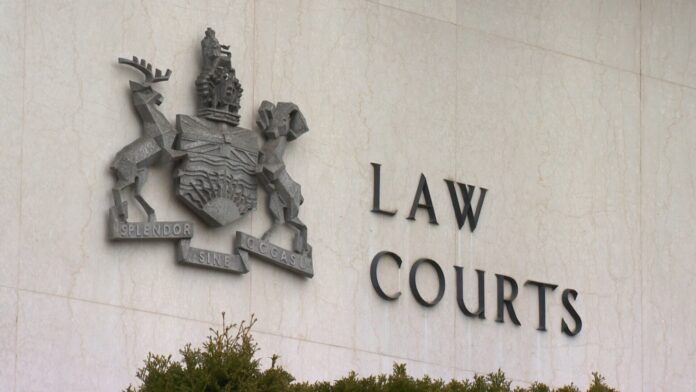In its bid to make navigating legal services easier for British Columbians, the government has run afoul of organizations representing lawyers, which are now taking the province to court.
The new Legal Professions Act will bring notaries and paralegals into a new regulatory body responsible for work currently done largely by the Law Society of British Columbia.
The new board will include five lawyers elected by members of the law society and four lawyers appointed by the government.
The other eight people on the 17-member board will include paralegals, notaries and other government appointees.
“What it does is that it gives government more control over the legal profession, which is of great concern because in any functioning democracy a legal profession is the only profession that can hold government accountable and uphold the rule of law,” said Michael Elliott, president of the Trial Lawyers Association of BC.
The trial lawyers have filed a notice of challenge in B.C. Supreme Court.
CTV News requested an interview with B.C. Attorney General Niki Sharma so she could respond to the legal action and explain how she feels British Columbians will benefit from the legislation – but Sharma did not make herself available.
“(The Legal Professions Act) aims to provide people in B.C. with more affordable choices and increased access to support solving their legal problems. The independence of lawyers in the service of their clients is fully supported by government,” Sharma said in a statement. “Lawyers will continue to be self-regulating under the act. Our desire is work with the law society to ensure a smooth and effective transition. We are reviewing their claim and will respond accordingly.”
The Law Society of B.C. also plans to challenge the act in court over concerns it could impact the independence of lawyers.
“It’s not what we would have hoped for as a first resort. It’s a last resort,” said society president Jeevyn Dhaliwal. “And we have continually implored the government to take some time to get this right and regrettably this is where we’ve had to land.”
Not all lawyers oppose the act.
Commercial litigator Joel V. Payne said he has long been frustrated with what he sees as the outdated protocols governing lawyers in the province.
He sees a new regulatory body as an opportunity to modernize the way people access the justice system from the ground up.
“A new regulator with a mindset of trying to regulate in a way that brings costs down and is open to new ideas would save everyone money on legal fees,” Payne said.
The Legal Services Act received royal assent last week, and there is supposed to be an 18-month transition period before it is fully in effect.
The LSBC and the TLABC want the B.C. Supreme Court to grant them injunctive relief, essentially pausing the act’s implementation, while the matter winds its way through the courts – something that could take years.
Source: CTV News

